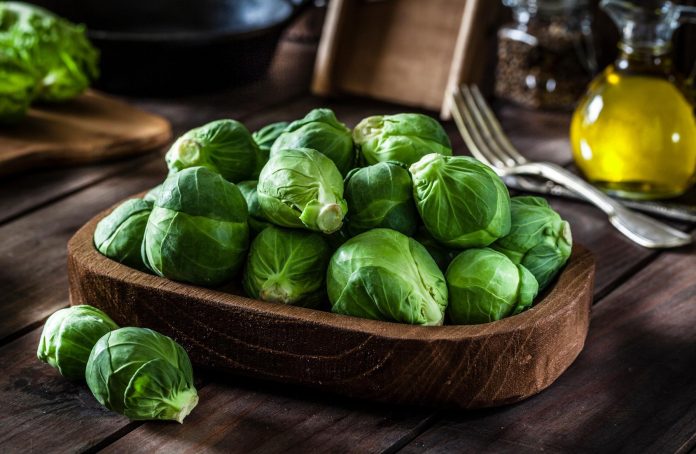There is nothing worse than having to sit next to or talk to a person with a mouth that stinks like rotten eggs. Sometimes even brushing your teeth regularly, flossing and rinsing will not help in getting rid of the smell because the cause of bad breath is something else that something being lodged in between your teeth.
Of all the things that cause bad breath, 80% are right under our noses—in the foods we eat. Here’s a look at some of the key offenders:
- Garlic
While it’s not surprising garlic would make the list of top stinky mouth offenders but what might shock you is how garlic can leave its mark on more than just your tongue.
Garlic is also absorbed into your bloodstream, enabling a secondary wave of odor to make its way into your lungs, where it can freely escape through the mouth. Once absorbed, garlic then emits a bitter scent from your pores.
This doesn’t mean you cut out garlic completely, it just means that you to control your intake and keep the mouth rinses ready after the meal.
- Onion
Like garlic, the odor of onions lingers long after you’ve finished eating them. That’s because they both contain sulfuric compounds that get absorbed into your bloodstream and return when you least expect it.
- Dairy
Milk may do a body good but it can dirty a mouth. That’s because naturally occurring bacteria from your tongue feeds on the amino acids in milk and cheeses resulting in an odor that is foul and unattractive. This is why we even as kids are asked to wash our mouths after drinking milk.
- Canned Tuna
Sure our mouth stinks after we eat fish but canned tuna takes the stink to altogether a new level.
Seafood naturally starts to become sour smelling and rank as it oxidizes, a process that is somehow exacerbated by the process of storing it in a dark, metallic can.
- Horseradish
Horseradish has a distinctive flavor and smell that is also a natural defense against hungry animals. This byproduct will linger after the plant has been digested. The chemical compound isothiocynate is what allows this common root vegetable to give sauces and dressings breath with a unique flavor and smell.
You don’t need to cut out these foods completely but just don’t go overboard and have people running away when they see you because they can’t stand your stinky mouth.






























